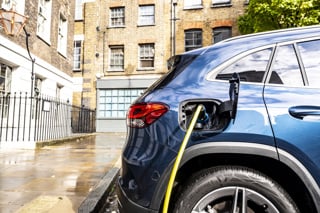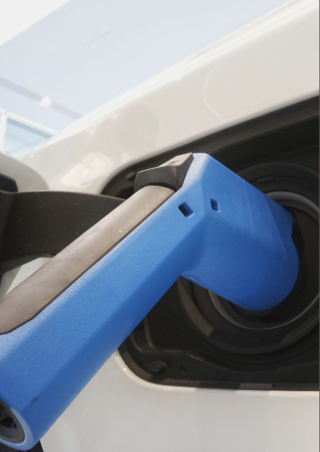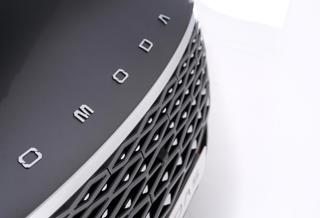A group of EU countries, led by Germany, is seeking to overturn a ban on the sale of new petrol and diesel cars by 2035.
The EU has delayed a landmark vote on the phase-out of petrol and diesel cars, largely due to intervention from Germany’s coalition government.
Supporters of carbon-neutral synthetic fuels or e-fuels, coalition members the Free Democrats (FDP) want new internal combustion engine (ICE) vehicles running on these to be exempt from the proposed ban.
Poland, Italy, the Czech Republic and Bulgaria have also voiced opposition to the ban, while Austrian chancellor Karl Nehammer welcomed FDP’s stance, saying he would also oppose banning ICE vehicles.
Sandra Roling, director of transport for the Climate Group, said: “It is deeply concerning that Germany is leading efforts to postpone the EU’s agreed 2035 ban on the sale of new petrol and diesel cars and seek concessions for e-fuels.
“That six other countries are now rowing in behind Germany risks undermining business trust in the EU itself, not to mention having a detrimental effect on the health of the EU’s people and its climate, along with prolonging the life of the internal combustion engine.”
The plans were unveiled in 2021, and seek a reduction to zero CO2 emissions from new cars sold in the bloc by 2035.
MEPs voted to require carmakers to cut their average fleet emissions by 15% in 2025, compared to 2021, by 55% in 2030, and by 100% in 2035.
It accelerated the EU’s previous plan, which targeted a 37.5% reduction by the end of the decade.
In a letter to the European Commission, the Climate Group along with 47 businesses have warned that any delay of the ban would have a devastating impact on air quality and the environment across the bloc and would call into question the EU’s ability to reach its climate commitments.
Signatories to the letter include Volvo Cars, Ford of Europe and Vattenfall, who say that going ahead with the ban as planned would provide legislative certainty, which is vital for businesses to push forward with their decarbonisation plans and invest in electric vehicles (EVs).
Rowing back now would set a dangerous precedent, undermining business trust in the EU’s legislative process, the businesses argue, it adds.
“Legislative certainty is vital for business planning,” said Roling. “Our asks are simple. Stick to the 2035 date, and no concessions for e-fuels. Give businesses the clarity and certainty they need to invest in the switch to electric vehicles.”
The UK announced its ban on the sale of new petrol and diesel cars and vans from 2030, three years ago.
The sale of hybrid cars and vans that can drive a significant distance with no carbon coming out of the tailpipe will continue to be sold until 2035.
Fleet operators from the UK believe certain key commercial vehicles may require exemptions from the ICE ban, but there are currently no plans to change the deadlines previously agreed here.
Jim Rowan, CEO of Volvo Cars, said: “Now is not the time for backtracking and blocking of science-based climate targets for our industry.
“Now is not the time to put domestic political interests ahead of the health and welfare of our planet and EU citizens, and indeed of future generations.
“Now is the time for strong, decisive and progressive policy and leadership.”
























Login to comment
Comments
No comments have been made yet.